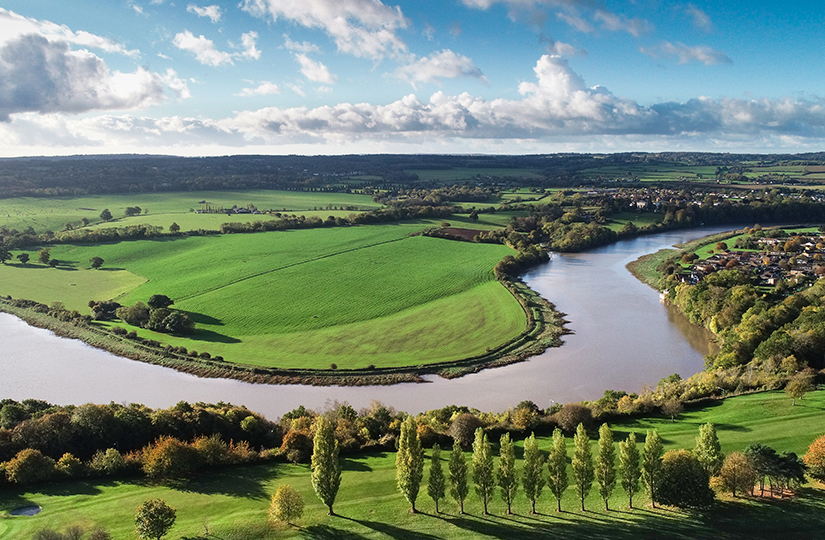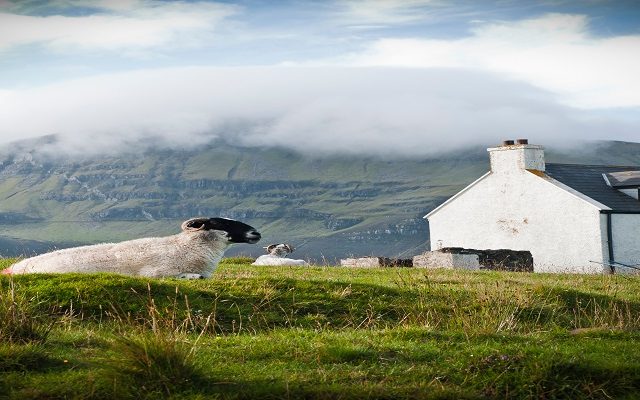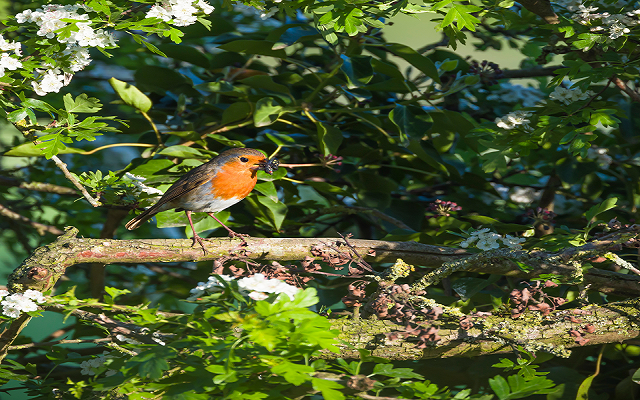Land Business Update: Week Commencing 16th August 2021
FARMING AND FOOD
Catchment Sensitive Farming advice now available to all farms in England
The programme provides free face-to-face advice to land managers to help them reduce water and air pollution through management of farmyard manure and soils. It is, at least in part, responsible for a cut in serious water pollution incidents of about 20%, which is good news, although water quality remains dire in almost all rivers and water bodies. Many of the actions that reduce pollution are funded under the Countryside Stewardship scheme. If you would like further details, please contact Paul Dennison in our farm management team.
Future Forces: A ten-year horizon for Australian agriculture
This is a thought-provoking report from AgriFutures Australia, which is the research and development body for Australian rural industries. The report identifies seven forces that might affect the way Australian farming develops over the next ten years – all of which are relevant to UK land managers:
- The war for the consumer relationship: many new stakeholders will seek to influence and capture consumer interest as digitisation of every step of the food system increases.
- Regional redesign: new energy systems and automation will fundamentally redesign individual production systems and regions as everything from genetics to irrigation to layout of farm operations will be optimised for automation.
- Outside solutions to climate problems: new technologies such as advanced sensing, machine learning and synthetic biology will help mitigate climate change volatility.
- Divorcing flavour, nutrition, and form: new biology technologies will allow for the design of food products untied from natural production systems, such as cellular agriculture, molecular engineering, and 3D printing.
- Supporting full-spectrum producers: producers of the future will rely on a wide mix of income streams through broadly defined resource conversion: not only converting grass to meat or fibre, but also converting sunlight to solar power, soil to carbon sequestration services, or data collection to useful models.
- The searchable food web: measurement and tracking tools, in combination with molecular tags and the internet of things (IoT), will allow for individual food products to be tracked and traced, increasing the importance of managing trust in food systems.
- Biology goes digital: genetic therapies and gene editing tools will become democratised through commercially available products.
The case for local food
This report, from Sustain and the RSPB, summarises the shortcomings of the current food system and lays out how a well-designed and adequately supported one could play a part in addressing the climate and nature emergency. It echoes a lot of the National Food Strategy, and what Professor Tim Lang of City University of London has been saying for years. It also feels important for farmers to read as it covers what type of businesses are likely to be profitable once Basic Payments are phased out (and which will also be better for the climate and nature). Some of its key recommendations are:
- A revival in localised, nature-friendly food systems, supported by investment in infrastructure, skills and co-ordination.
- Increasing the share of the retail market share for non-multiple businesses (which means not supermarkets) to 10%, from the current 5%. These non-multiple businesses include box schemes, village shops, co-ops, markets and other independent retailers.
- Make all public sector catering contracts accessible to smaller – and often local – suppliers and producers.
- All UK farmland to be under nature-friendly and net zero (GHG) management, using agro ecological principles and reversing the declines in wildlife.
- Effective national and local policies, including public goods payments that recognise the societal benefits of nature-friendly food.
PROPERTY
Ban on new gas boilers from 2035 could be downgraded to ‘an ambition’
The Times has reported that the government is considering downgrading the policy from a ‘hard deadline’ to ‘an ambition’ over concerns about the cost to homeowners and also industry capacity to install alternatives, such as heat pumps.
ENVIRONMENT
‘Code red for humanity’ says UN secretary-general but temperature rise can still be limited to 1.5°C
The sixth report of the UN’s Intergovernmental Panel on Climate Change has starkly made the case that now is the time for action to reduce the worst effects of climate change. Even with rapid emissions cuts now, temperatures will continue to rise until at least 2050; without the cuts, it will be impossible to reduce global warming to either 1.5°C or even 2°C above pre-industrial levels. The report is very grim reading but there are positive messages that can be taken from it:
- It is still possible to reduce global warming to 1.5°C above pre-industrial levels – but it needs action now and major changes in behaviour from everyone.
- Even in a 1.5°C warmer world there will be an increase in the number of unprecedented weather events and disasters. Floods and heatwaves are expected to become more frequent and intense (see article below).
- If emissions are brought down and kept at net zero, warming will stabilise.
- Despite significant questions about the amount and permanence of carbon storage in soils, farming can still play a major role. Reducing total methane emissions should have a quick effect on reducing warming so is a priority to focus on.
Future changes to high-impact weather in the UK
The UK Climate Resilience Programme has published a non-technical summary of how high-impact weather will change with different levels of future global warming from 1.5°C to 4°C above pre-industrial levels. There will be:
- Significant increases in the frequency of extremely hot days and nights (with a UK average increase in hot days of between +5 and +39 days per year for 1.5°C to 4°C of global warming).
- Fewer very cold days where temperatures fall below 0°C (by 10 to 49 days per year between 1.5°C and 4°C of warming).
- More days with high impact levels of rainfall (by +1 to +8 days per year between 1.5°C and 4°C of warming), which is likely to lead to more frequent river flooding.
- Increases in drought severity (with the largest increases in severity for longer-term 12-month droughts (-3 to +19%) and 36-month droughts (12 to +54%).
These changes are likely to need adaptation of land management and also water management practices to cope with increased flooding as well as severity of drought.
Earth Overshoot Day returns to July 29
This is the day during the year when humanity has used up all biological resources that the planet regenerates during the entire year – so from now to the end of the year, we are all living on borrowed natural capital. Or, put another way by the World Wide Fund for Nature, humanity currently uses 74% more than what the planet’s ecosystems can regenerate – or 1.7 Earths. This clever way of illustrating our impact on the planet is calculated by the Global Footprint Network. Around 85% of the global population, including in the UK, currently live in countries with an ecological deficit. Humanity has overshot the Earth’s capacity to regenerate since the early 1970s, when the earth overshoot date was in the month of December.
FORESTRY
Woodland Trust pledges not to use new single-use plastic tree guards from the end of 2021
The Trust, as well as making this pledge, is funding research into alternatives to plastic tree shelters. It is testing nearly 20 different types of non-plastic tubes at its woodland at Avoncliff Wood, near Bath. It is also looking at planting techniques that avoid the use of individual tree protection wherever possible, including planting extra trees to help mitigate losses to browsing, deer and rabbit fencing, timber barriers, direct seeding, positive management for natural regeneration (reducing the need for planting) and humane animal control. It is also re-using tree shelters – with some being used three times if the right type of tube and fixing is selected.






